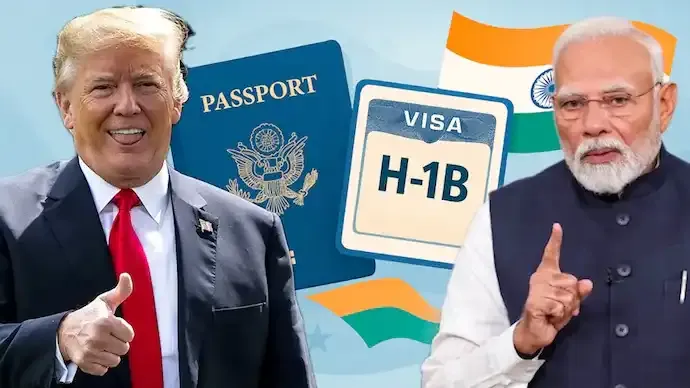Shopping cart
Your cart empty!
Terms of use dolor sit amet consectetur, adipisicing elit. Recusandae provident ullam aperiam quo ad non corrupti sit vel quam repellat ipsa quod sed, repellendus adipisci, ducimus ea modi odio assumenda.
Lorem ipsum dolor sit amet consectetur adipisicing elit. Sequi, cum esse possimus officiis amet ea voluptatibus libero! Dolorum assumenda esse, deserunt ipsum ad iusto! Praesentium error nobis tenetur at, quis nostrum facere excepturi architecto totam.
Lorem ipsum dolor sit amet consectetur adipisicing elit. Inventore, soluta alias eaque modi ipsum sint iusto fugiat vero velit rerum.
Sequi, cum esse possimus officiis amet ea voluptatibus libero! Dolorum assumenda esse, deserunt ipsum ad iusto! Praesentium error nobis tenetur at, quis nostrum facere excepturi architecto totam.
Lorem ipsum dolor sit amet consectetur adipisicing elit. Inventore, soluta alias eaque modi ipsum sint iusto fugiat vero velit rerum.
Dolor sit amet consectetur adipisicing elit. Sequi, cum esse possimus officiis amet ea voluptatibus libero! Dolorum assumenda esse, deserunt ipsum ad iusto! Praesentium error nobis tenetur at, quis nostrum facere excepturi architecto totam.
Lorem ipsum dolor sit amet consectetur adipisicing elit. Inventore, soluta alias eaque modi ipsum sint iusto fugiat vero velit rerum.
Sit amet consectetur adipisicing elit. Sequi, cum esse possimus officiis amet ea voluptatibus libero! Dolorum assumenda esse, deserunt ipsum ad iusto! Praesentium error nobis tenetur at, quis nostrum facere excepturi architecto totam.
Lorem ipsum dolor sit amet consectetur adipisicing elit. Inventore, soluta alias eaque modi ipsum sint iusto fugiat vero velit rerum.
Do you agree to our terms? Sign up

In a move that has reignited debate over foreign skilled immigration, the US Department of Labour has launched a controversial campaign accusing companies of misusing the H-1B visa program — with India emerging as the central focus. The ad, shared across official social media channels, claims that excessive reliance on foreign professionals, particularly from India, has deprived young Americans of employment opportunities.
The post declares: “Young Americans have had the American Dream stolen from them, as jobs have been replaced by foreign workers due to rampant abuse of the H-1B visa.” It also emphasizes that under the leadership of President Donald Trump and Labour Secretary Lori Chavez-DeRemer, the government aims to “recapture the American Dream” by holding corporations accountable for visa misuse.
The campaign coincides with the formal rollout of Project Firewall, a Labour Department initiative introduced in September 2025 to audit companies suspected of exploiting the H-1B system. The program focuses on identifying organizations that allegedly displace American workers or depress wages by hiring lower-paid foreign professionals, particularly in the technology and engineering sectors.
Officials suggest that the new enforcement drive will lead to large-scale compliance checks and stricter penalties for violations. The policy aligns closely with Trump’s revived “America First” approach, which prioritizes domestic job creation over reliance on international talent.
The 51-second promotional video accompanying the campaign contrasts mid-20th-century imagery of prosperity — suburban homes, manufacturing plants, and smiling families — with data underscoring current visa trends. According to the ad, nearly 72% of all H-1B visa approvals are granted to Indian nationals, reinforcing India’s position as the leading source of skilled foreign workers in the US tech industry.
The narration laments that political and corporate decisions have “allowed companies to abuse the H-1B visa,” resulting in the loss of opportunities for young Americans. It promises that Project Firewall will ensure companies “prioritise Americans in hiring and restore fairness to the job market.”
The timing and tone of the campaign suggest a calculated political message aimed at reinforcing Trump’s populist economic agenda. Analysts note that the move could strain trade and labour relations between Washington and New Delhi, given India’s deep dependence on H-1B placements within its IT and software sectors.
While US officials frame the effort as a step toward protecting national employment interests, critics argue it could discourage innovation and disrupt the global technology talent pipeline. For India, which supplies a major portion of skilled professionals to American firms, the development poses both economic and diplomatic challenges.
As the US tightens its scrutiny on work visas under Project Firewall, the broader question remains: can the American Dream be truly “recaptured” by restricting the very global talent that has long powered its innovation engine?
7
Published: Oct 31, 2025